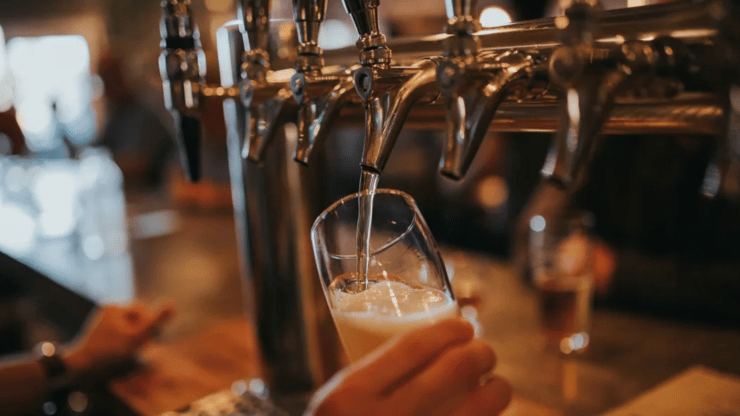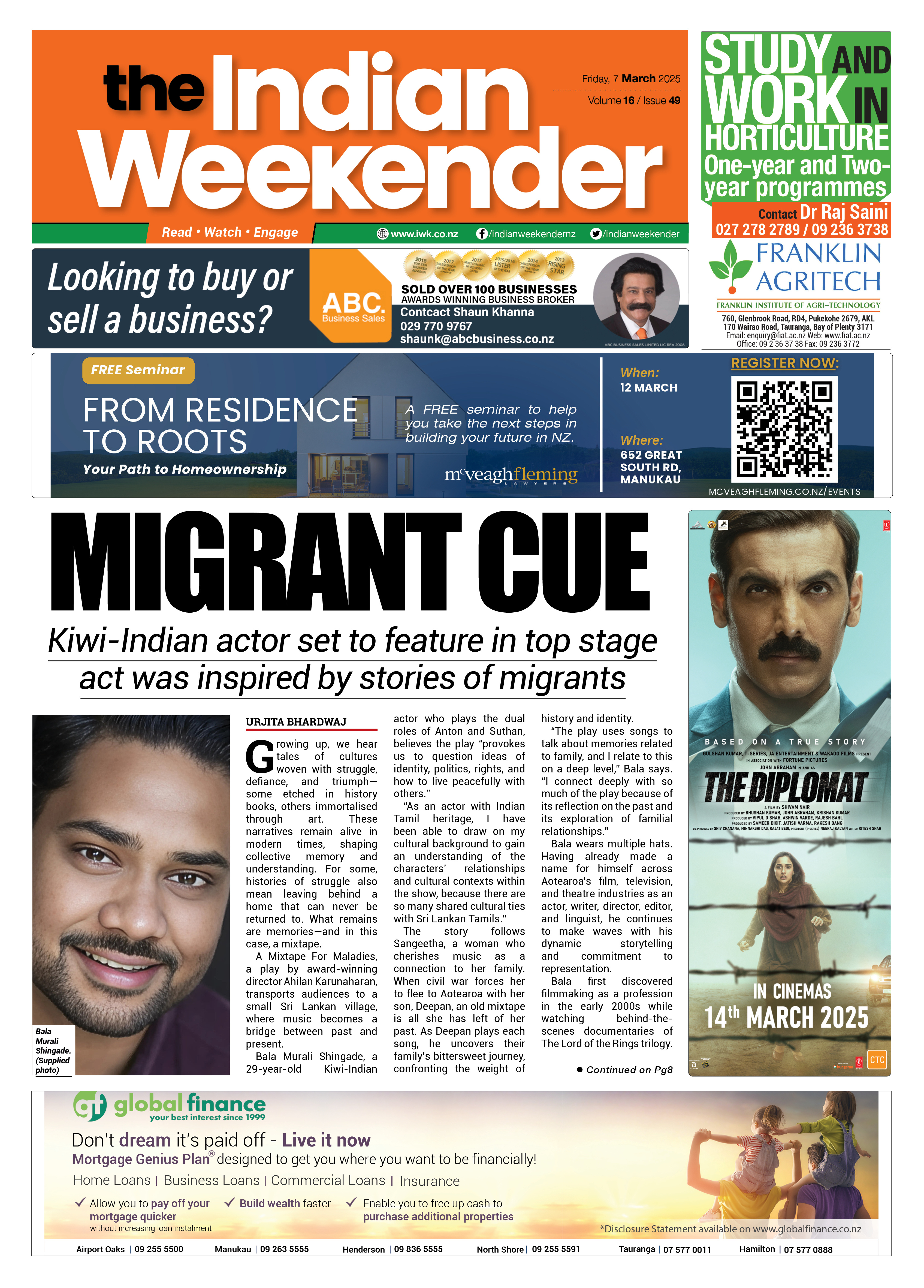Auckland Alcohol Rules: 9pm Sales Cutoff, 2 Yr Ban On New Stores

Auckland is on the brink of implementing new alcohol regulations that will see the sale of alcohol in supermarkets and bottle stores restricted after 9 pm by December. These changes, part of a broader Local Alcohol Policy (LAP) developed by Auckland Council, also include a two-year moratorium on new liquor stores in central Auckland and 23 other areas identified as having high levels of alcohol-related harm and crime.
The push for these stricter measures was initially sparked by the tragic death of South Auckland liquor store owner Navtej Singh, who was fatally shot in June 2008 while working at Riverton Liquor in Manurewa. His death led to a nationwide inquiry into New Zealand’s liquor laws by the New Zealand Law Commission, chaired by Sir Geoffrey Palmer. This inquiry resulted in legislative changes that allowed local councils to create their own LAPs, The New Zealand Herald reported.
Auckland Council's LAP has faced nearly eight years of legal battles, primarily with the country’s two major supermarket chains. However, with the recent approval from the Alcohol Regulatory and Licensing Authority, the policy is set to be officially adopted by the council on August 29, with all regulations expected to be in place by December.
The new rules include:
- A 9 pm cut-off for alcohol sales in supermarkets and bottle stores, replacing the current 11 pm closing time.
- Bars, restaurants, and other on-licence venues in the central city will not be allowed to serve alcohol past 4 am, with a 3 am limit elsewhere.
- A two-year ban on new bottle store applications in the central city and 23 other specified areas unless they meet stringent criteria.
- Sports clubs and RSA (Returned and Services' Association) facilities will have a 1 am limit for alcohol sales.
- No changes for liquor licences at festivals and events, which will continue to be assessed by the district licensing committee.
Auckland Mayor Wayne Brown emphasised that the new rules are not aimed at punishing licensed businesses but rather at addressing the problems caused by alcohol sold in bulk by retail outlets. "The council has to deal with the consequences, so it makes sense to be able to have more say over where and when liquor is sold," Brown said.
Councillor Josephine Bartley, who chairs the committee overseeing the policy, expressed frustration at how long it has taken to implement the LAP. She blamed the delay on the supermarkets, which had taken the council to court. “Our communities keep turning up to object to off-licence liquor stores opening up. It’s about time this Local Alcohol Policy happens,” Bartley said.
The protracted legal struggle culminated in May of last year when the Supreme Court dismissed appeals by Foodstuffs North Island and Woolworths New Zealand against the council’s proposed policy. This decision ended the nearly eight-year battle and paved the way for the new regulations.
Dr Grant Hewison, a lawyer who represents community groups in South Auckland, said the policy would significantly reduce alcohol-related harm. He highlighted the importance of the earlier closing time for alcohol sales, noting that it would help prevent pre-loading with cheaper alcohol before people head to licensed venues.
The two-year freeze on new liquor store applications has been particularly welcomed by the South Auckland community groups Hewison works with, including Community Against Alcohol Harm and Ōtara Gambling and Alcohol Action Group. According to Local Board figures, South Auckland has approximately 100 liquor stores, with a significant concentration in areas like Māngere-Ōtāhuhu, Manurewa, and Ōtara-Papatoetoe.
Former Auckland councillor and long-serving police officer George Wood praised the council’s persistence in securing the LAP despite the legal challenges. “The journey to secure and defend Auckland Council’s Local Alcohol Policy has been long and challenging, but it has been a journey worth taking,” Wood said.
Spokespersons for Woolworths New Zealand and Foodstuffs stated that they remain committed to their responsibilities regarding alcohol sales and will cooperate with Auckland Council to comply with the new regulations.
The areas affected by the liquor store freeze include the Auckland CBD, Karangahape Rd, Avondale, Clendon, Glen Eden, Glen Innes, Helensville and Parakai, Henderson, Hunters Corner, Māngere, Māngere East, Manukau, Manurewa, Mt Wellington, Oranga, Ōtāhuhu, Ōtara, Panmure, Papakura, Papatoetoe, Point England, Pukekohe, Takanini, Wellsford, Te Hana, and Wiri.





